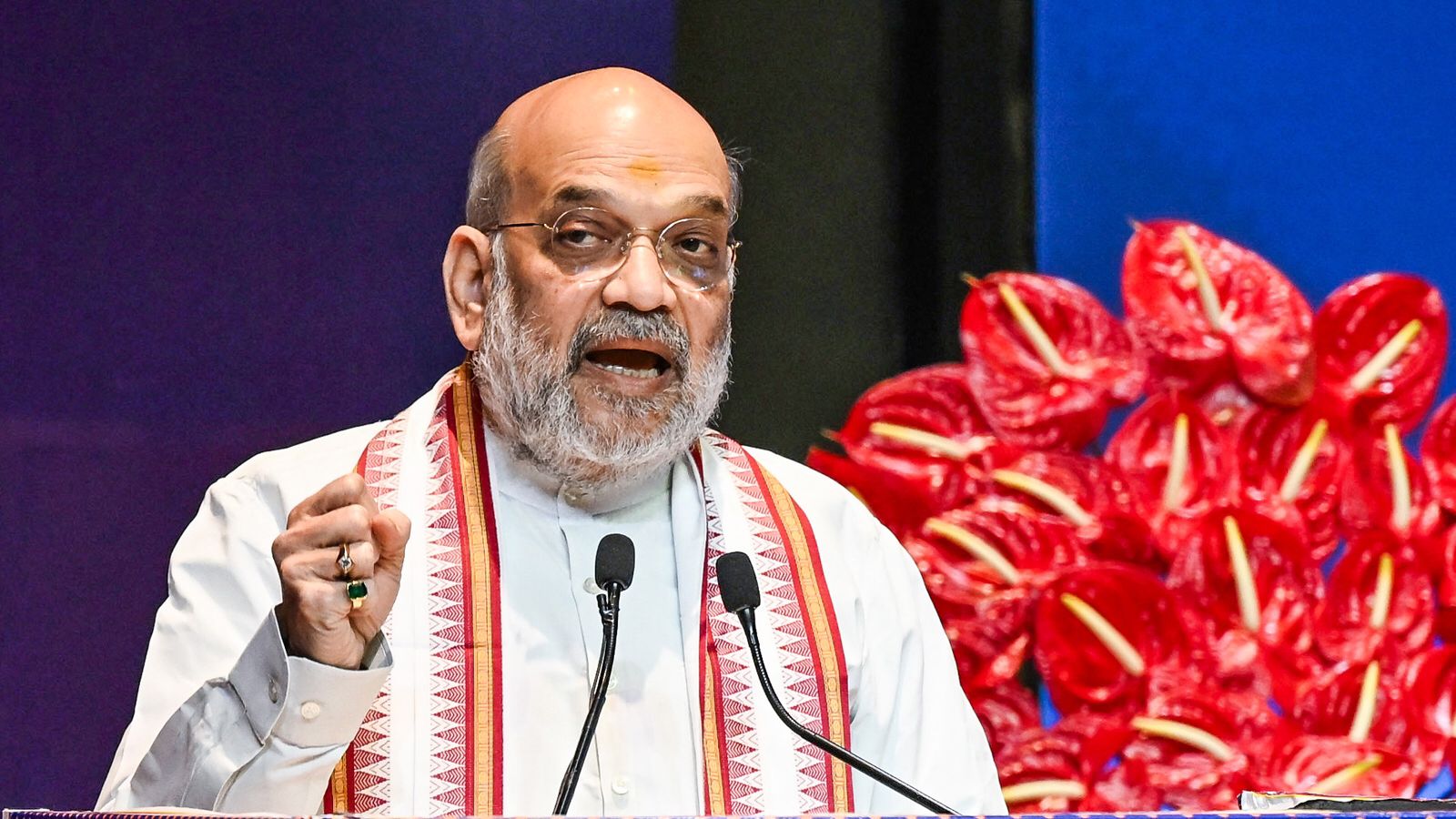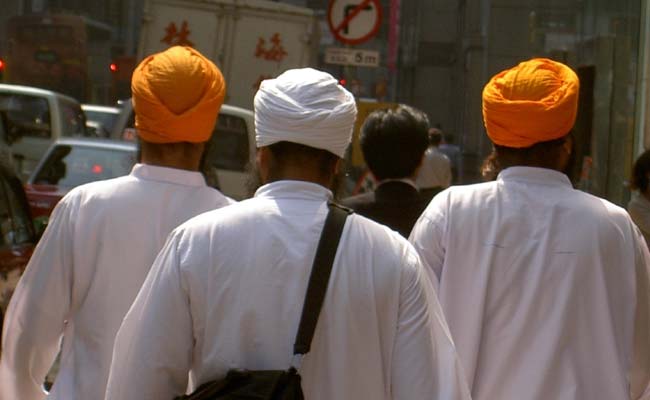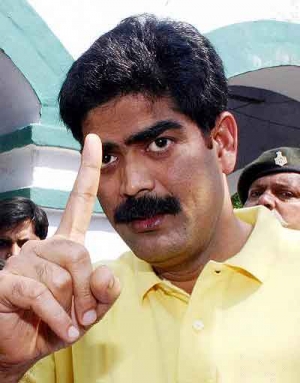Amit Shah Urges Swift and Coordinated Action to Bring Fugitives Abroad Back to India

New Delhi | October 16, 2025 Union Home Minister Amit Shah on Thursday emphasized the need for a strict, coordinated, and time-bound mechanism to bring fugitives hiding abroad back to India, ensuring that offenders face justice no matter where they flee. Speaking at the two-day national conference on “Extradition of Fugitives: Challenges and Strategies,” Shah called for a determined and unified effort to uphold India’s zero-tolerance policy against corruption, crime, and terrorism—both within the country and beyond its borders. Addressing officials from multiple law enforcement and intelligence agencies, Shah said that India’s criminal justice system must evolve to ensure that no offender feels beyond its reach. “Our goal is clear—India’s sovereignty, economy, and security cannot be compromised by criminals who hide overseas,” he declared. He noted that when he first proposed the idea of a comprehensive approach to extradition, the roadmap was still being shaped. Today, with the combined efforts of the Ministry of Home Affairs and the Central Bureau of Investigation (CBI), a structured framework is now in place to pursue offenders globally. Highlighting India’s growing influence on the global stage, Shah said that national security extends beyond borders. “Along with protecting our frontiers, we must enforce the rule of law both inside and outside the country,” he said. He underscored the need for a unified national mechanism to track fugitives, coordinate across agencies, and expedite extradition procedures. The Home Minister pointed out that India has long lacked a consistent and centralized strategy for repatriating offenders, but recent initiatives have begun to close that gap. He praised the CBI’s Global Operations Centre for enabling real-time coordination with international police forces and said the BharatPol portal—launched in January 2025—has already issued over 190 notices, marking the highest figure in such a short span. Under Prime Minister Narendra Modi’s leadership, Shah said, India has implemented major legal and institutional reforms to combat economic crimes. The Fugitive Economic Offenders Act, 2018, has empowered the government to seize properties of absconding economic offenders, resulting in recoveries exceeding USD 2 billion within four years. Between 2014 and 2023, assets worth nearly USD 12 billion were attached under various legal provisions. Outlining his vision for a stronger extradition framework, Shah listed five key goals: ensuring justice beyond national borders, enhancing national security through early threat identification, modernizing identification systems, strengthening global confidence in India’s law enforcement, and safeguarding India’s economy through international cooperation. He proposed establishing a dedicated extradition unit under the CBI’s supervision, developing a national database of fugitives detailing their networks and legal status, and creating expert teams to manage extradition treaties and case coordination. To address human rights concerns often raised by foreign governments, Shah suggested constructing detention facilities that meet international standards. He also called for the use of technology to instantly revoke or blacklist passports once a Red Corner Notice is issued, and urged a campaign to convert Blue Notices into Red Notices to accelerate global action. Shah concluded that extradition efforts must blend strong diplomacy with efficient domestic coordination. “Fugitives must not believe that India’s law cannot reach them,” he said. Those who commit crimes and escape abroad, he added, endanger not just justice but the nation’s integrity and economy. “This structured, coordinated approach is the beginning of a new era in ensuring accountability and strengthening India’s global standing,” Shah affirmed. Amit Shah Calls for Swift Action to Bring Fugitives Back to India Union Home Minister Amit Shah urged a time-bound and coordinated effort to bring fugitives hiding abroad back to India, ensuring they face justice. Speaking at a national conference on extradition, he said India’s zero-tolerance approach must extend beyond its borders to protect the nation’s sovereignty and economy. Shah highlighted new reforms, including the Fugitive Economic Offenders Act and the CBI’s BharatPol portal, which have strengthened global cooperation. He emphasized that no criminal should feel safe outside India, calling this initiative a decisive step toward stronger law enforcement and global accountability.




